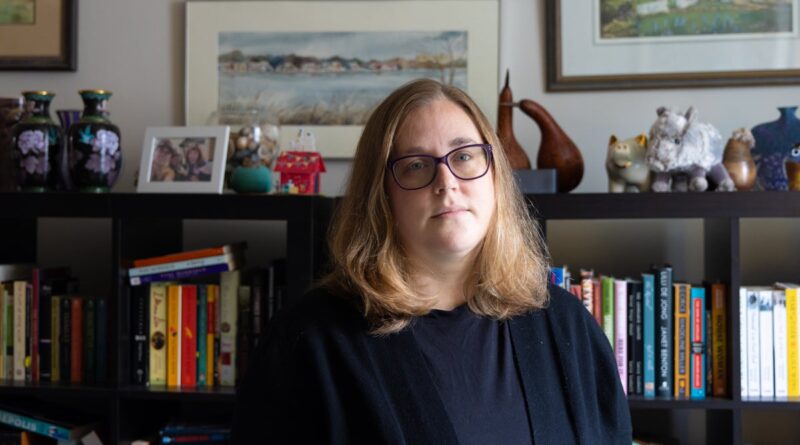Does it matter what time you take your medicine? – WHY
To understand why research has not been translated into giving advice to patients, he pointed out one exception – statins, where drugs come. with instructions to take them in the evening.
Statins target a protein that controls how much cholesterol the body makes. Scientists know that this protein is more active in the evening, which is why there is an order to take statins at night.
In this case, scientists clearly know how the drug works, what it is aimed at, and how the target changes depending on the time of day. But “there are many other interesting examples where we don’t understand the full story,” FitzGerald said.
That’s because for many drugs, the full story is very complicated, said the ophthalmologist Russell Van Gelderwho is a circadian rhythm specialist at the University of Washington.
“The sacred thing that many doctors would like is that there is an appropriate step for every medicine. So, if you had infinite resources, you could try every drug at every time of day and say, well, it’s better to take a statin your bedtime and it’s best to take your beta blocker at 6:41 am. said. “The interesting idea here is that you can get something for free, that a drug that’s already approved and works might work even better if you knew the best time of day to give it.”
He said that although it is an attractive idea, he proved that it was difficult.
In 2021, he co-wrote a highly cited article in the journal Science where he helped review all the research on the effect of using time on cancer treatment.
Another example in this topic is A study of timely chemotherapy for patients with metastatic colorectal cancer. The researchers gave one group of patients continuous treatment, which is the standard way to receive this chemotherapy; but he gave another group of patients treatments in such a way that the values would peak in the afternoon and in the morning, based on the results of the first clinical tests.
Timed doses reduced the risk of premature death in men but increase harm to women.
That study was published in 2006. To this day, it is not clear why there was such a difference in results.
Van Gelder said that for a disease like cancer, which involves many genes, it is very difficult to expect that there is an optimal time of diagnosis.
“The simple idea that you can pick a time and it will be right doesn’t account for the complexity of biology, which says that everything is under clock control, but clock control is different.”
By differential clock control, you mean that there is more than one clock in the body.
Neurologist Russell Foster The University of Oxford explained that scientists thought that there is a part of the brain, yes suprachiasmatic nucleuswhich acts as the main clock, Greenwich Mean Time for the body.
Then it became clear that, in fact, many cells of the body have the ability to produce a circadian rhythm. So you have this master clock in the brain, which acts like an orchestra conductor, producing the kind of timing that the parts of the body, the players in the orchestra, take reference from, and harmonize. their rhythmic biology precisely.”
He and Garret FitzGerald say the good news is that there is more interest in this field than in the past. FitzGerald is currently working on research in intensive care units on how to design them so that they don’t throw off patients’ circadian rhythms, and whether that helps patients recover faster.
“We currently have a lot of compelling evidence that this is an important variable, but so far we lack large, randomized trials that show the importance of this in terms of clinical outcomes,” FitzGerald said. “Forty years ago, most doctors didn’t know this at all, most scientists weren’t interested in this, and now I think you have a lot of people who are interested great, and … to be.”
Russell Van Gelder agrees that progress can be made, but is more skeptical about how easily it will come.
“The way we move forward is: we look at the specific mechanism of action of a particular drug, we gather all the information we can about the circadian biology of that target in normal cells and disease cells, and then we decide of whether there is a chrono treatment argument. Then we create a well-designed trial based on that assumption. There are a lot of ifs to that point.”
#matter #time #medicine
